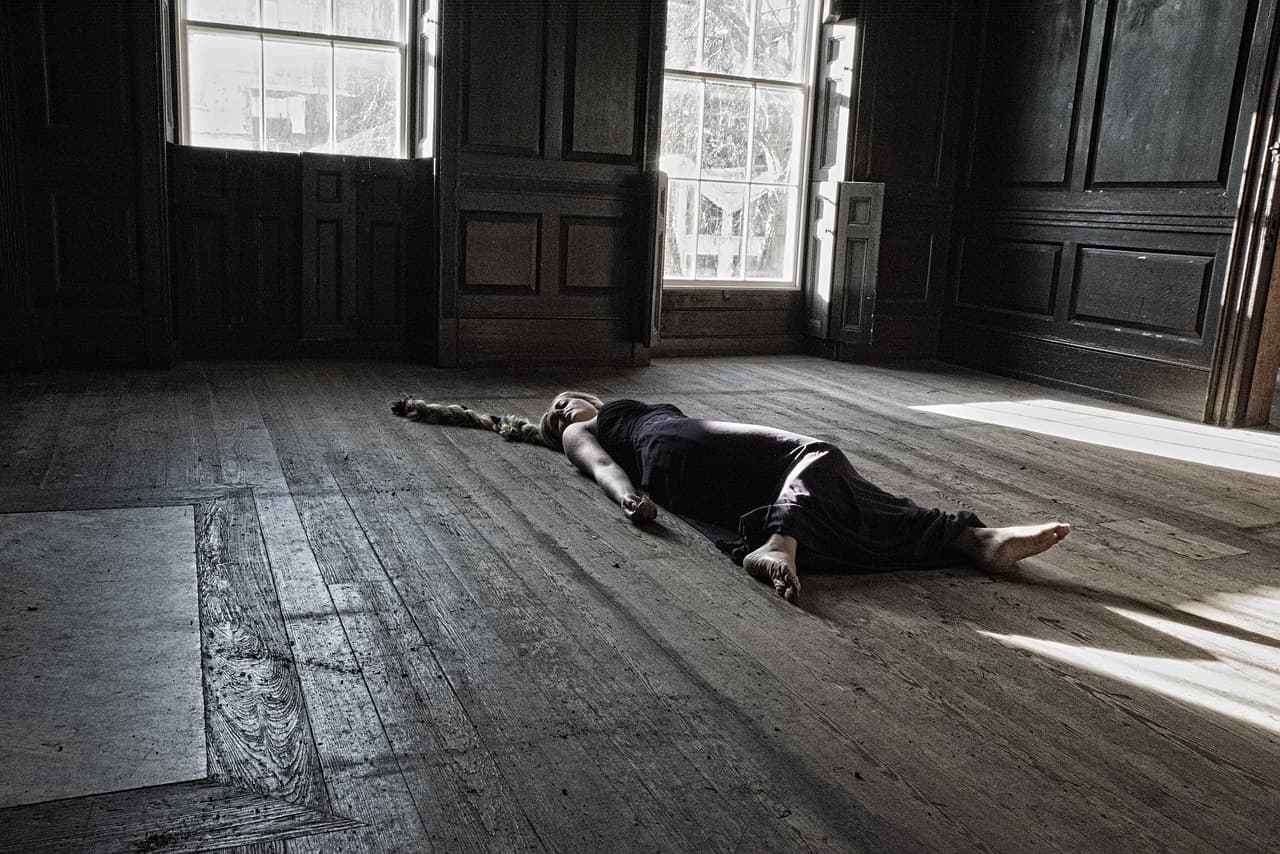Our reactions to stress and our level of efficiency and productivity at work can metaphorically be compared to a litmus test to assess the state of our mental health. When all is well – we are positive, solve actual tasks faster, cope with problems more easily, set goals and achieve them. Conversely, a suboptimal level of mental health or the presence of psychological problems affects our quality of life and, in particular, our ability to work.
A new and important stage in the development of caring for one’s people in the corporate sector is to recognize not only the need for financial or social bonuses, but also a comprehensive approach to caring for the mental health of employees, such as psychological services in crisis situations.
The impact of work organization on people’s well-being
It is interesting and pleasant to look at photos of creative offices of different companies or read a magazine with notes about the organization of the workspace in IT companies. But why do they arrange them in this way?
Of course, “playful”, “green”, non-standard offices are created for different reasons, one of which is workplace design for mental health. Thus, the selection of flowers, houseplants, a sufficient amount of light, particularly daylight, create an atmosphere that affects our well-being.
In addition, separate elements of workplace design is creativity and creativity. That’s why posters or pictures, furniture design, windows or boards on which you can draw help trigger the creative imagination, which allows us to solve work tasks in new ways.
Of course, workflow organization is also about relationships with co-workers. Creating a friendly, comfortable atmosphere promotes productivity. Conversely, conflicts in the team, misunderstanding between managers and subordinates, the presence of toxic relationships create an unfavorable psychological climate, which negatively affects the work process. It is reasonable to resolve such situations with the aid of specialists in the field of mental health – consultants, psychologists or psychotherapists.
The connection between business and psychotherapy
A stressful work environment, especially in the absence of support and good communication, causes emotional burnout, which in turn affects psychological and physical health. However, the inverse is also relevant: when psychological problems or the presence of a mental disorder affect a person’s effectiveness at work.
Are you familiar with the concepts of presenteeism and absenteeism?
Presenteeism is defined as a situation where an employee is actually at work, but works fewer hours than their workday and is therefore less efficient.
Thanks to a study conducted in 2020 by RAND Europe, a nonprofit research corporation, the reasons for presenteeism have been identified, with stress, lack of sleep and concern about one’s financial situation leading the list.
Although the level of presenteeism is difficult to measure, as it requires questionnaires from employees themselves, it is known to cost companies considerably more than absenteeism – the actual absence of a person from work.












